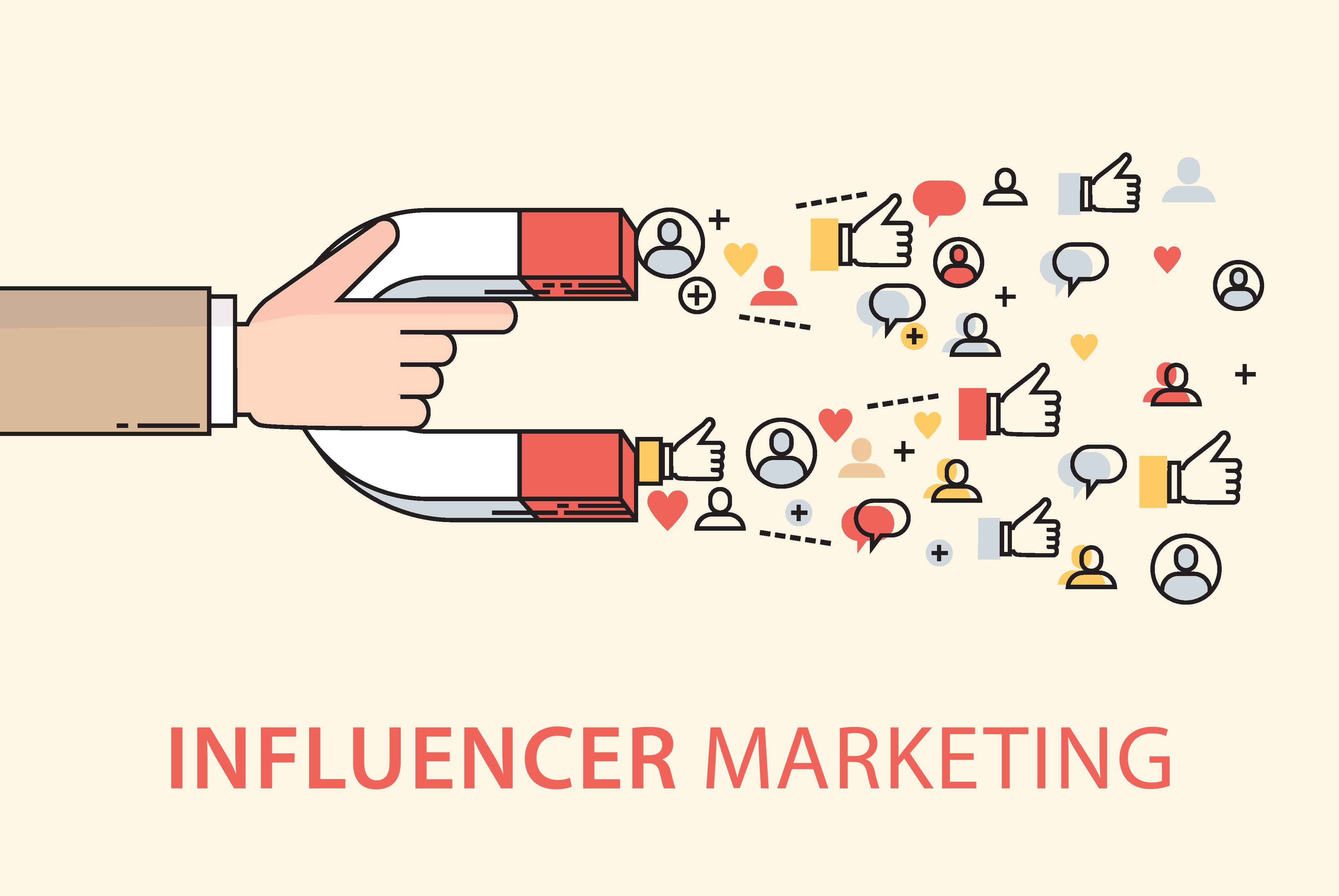
If you work in advertising or PR, you’ve probably heard the phrase “influencer marketing” a lot lately. If you’re a high-profile consumer brand, you’re probably already doing it or have been for some time. It’s a term that has spread like wildfire and has extended outside the world of professional communicators and into mainstream media with stories of epic failures (like the infamous celebrity-stacked Fyre Festival) or major successes (such as the sky-rocketing love for rosé wine with hashtag #RoseAllDay). According to Forbes, a recent survey revealed 84% of marketers plan on executing at least one influencer marketing campaign this year.
You may hear it often, but what exactly is “influencer marketing”? Is it best applied to large national brands and A-list celebrities? What type of businesses can benefit most from influencer marketing? Can this approach be replicated for small business? These are the questions I ask myself on behalf of our clients when a “new” marketing trend rises to the social surface. Here’s my breakdown of influencer marketing, plus the risks and rewards associated with the social media trend.
Intro to Influencer Marketing
It’s difficult to pin-point a simple definition of influencer marketing. Instead, here’s a list of what it is and what it most certainly is not.
INFLUENCER MARKETING IS …
INFLUENCER MARKETING IS NOT …
WEIGHING RISKS AND REWARDS OF INFLUENCER MARKETING …
Risk: Influencers can be unpredictable. They could go off-script with your product, inadvertently make false claims or post something that affects the reputation of your product.
Reward: Your product or cause could be instantly catapulted into the social spotlight as a “trendy” item, depending on your influencer’s passion and popularity.
Risk: Your product could have the potential to harm the influencer’s reputation. If your product is recalled, or your company experiences a failure, the addition of several active social followers could amplify your PR problem.
Reward: You can gain access to millions of followers on social media without employing paid media.
Risk: Influencers are human. Therefore, tragedy, death or unexpected circumstances can always derail a campaign—even with the most reliable influencers.
Reward: Your brand will earn instant credibility with an audience that already has trust established with the influencer.
When you weigh the risks and rewards of influencer marketing, you may also consider your target audience. If you’re marketing to heavy users of social media (teens, moms, and other active online groups), it truly may be the best way to reach your target market. In that case, the rewards outweigh the risks. Have plenty ideas for attainable influencers? Even better! Just make sure to properly vet influencers, create a campaign plan that both parties can agree upon, and keep it real!
Have more questions about influencer marketing? Contact our team today.

Emily was managing editor of the national cable marketing magazine delight!, and previously managed marketing projects for top cable providers in the nation. Diverse writing experience, combined with exceptional organization and strategic planning skills, make Emily a key component of the content department. Emily holds a degree from UW-Oshkosh in journalism, with an emphasis in advertising/public relations.
© Insight Creative, Inc. All rights reserved.